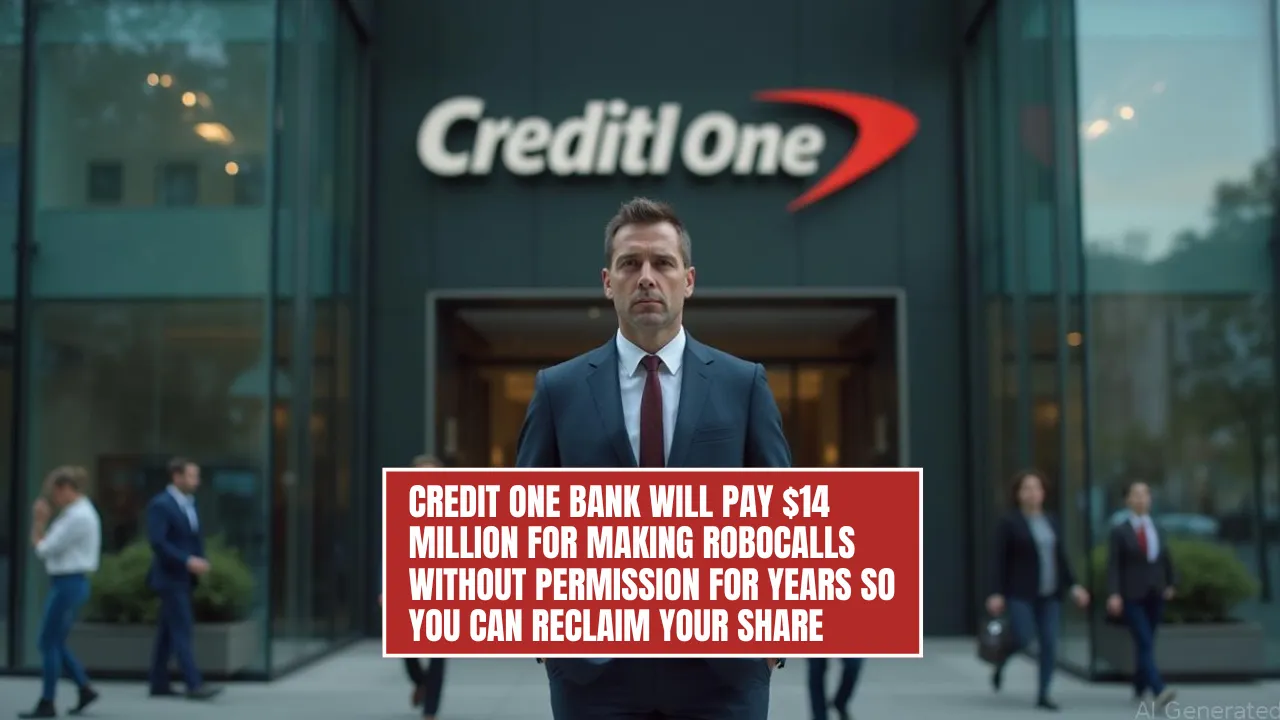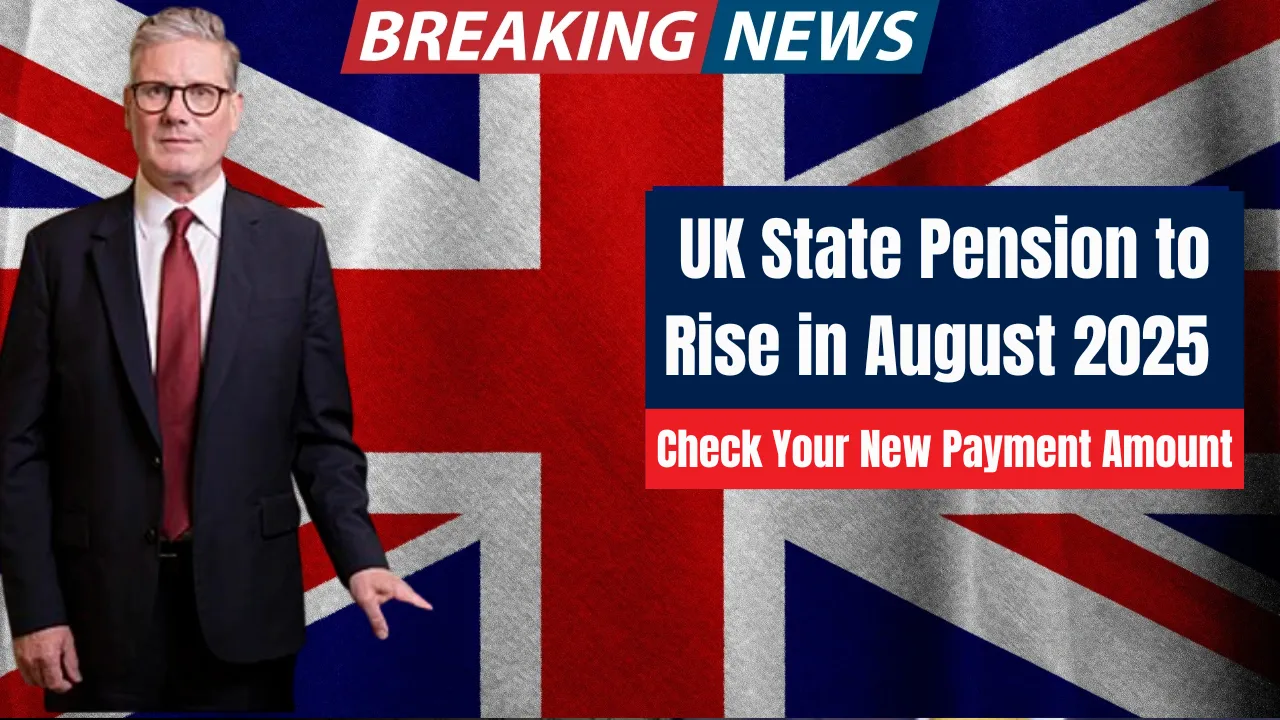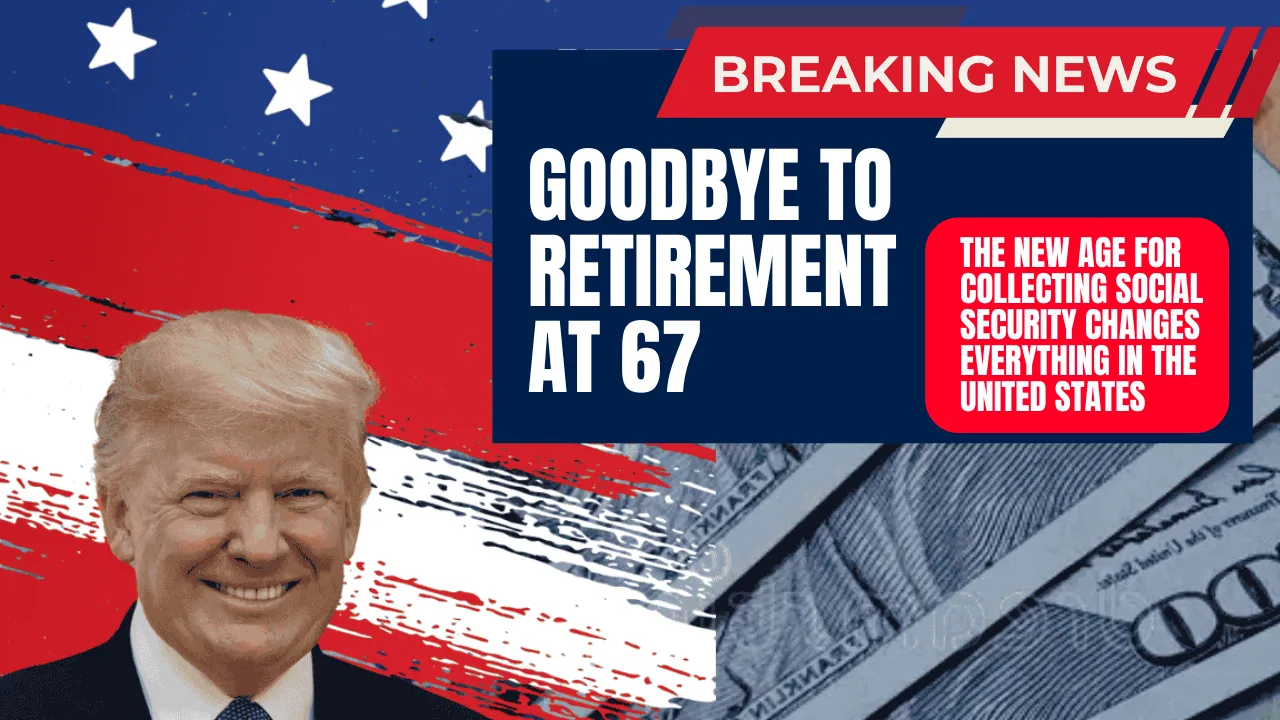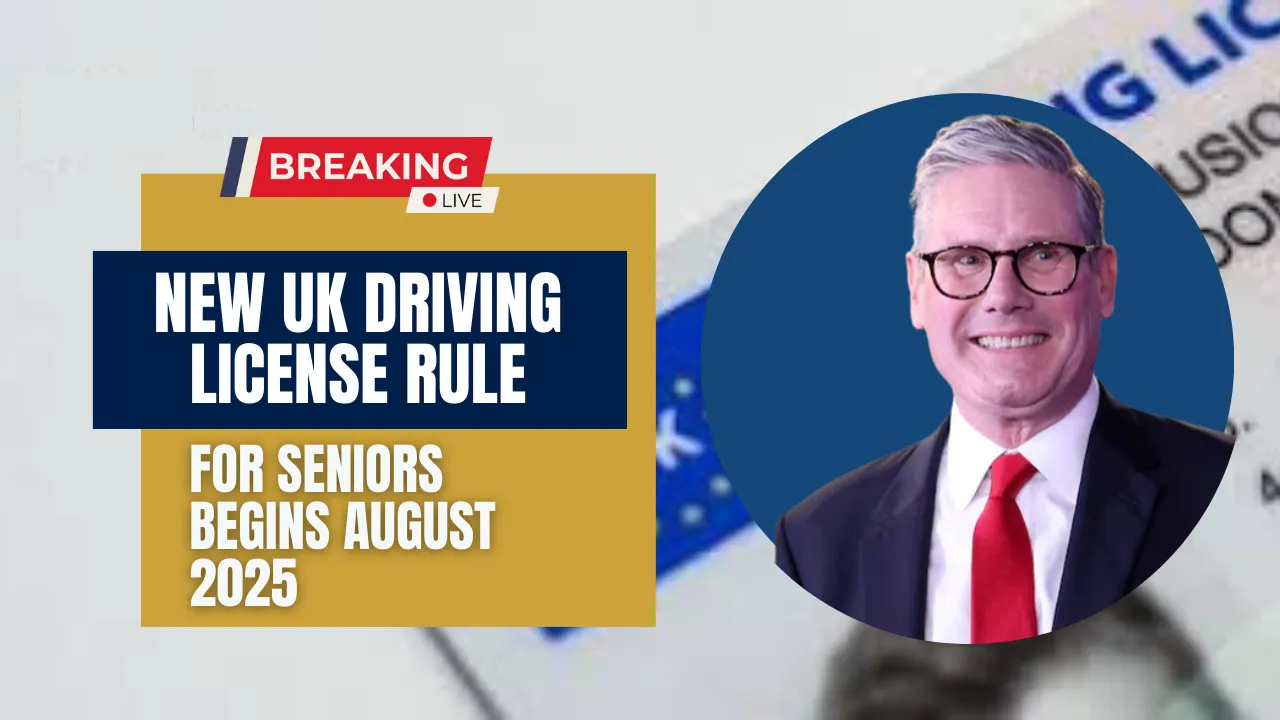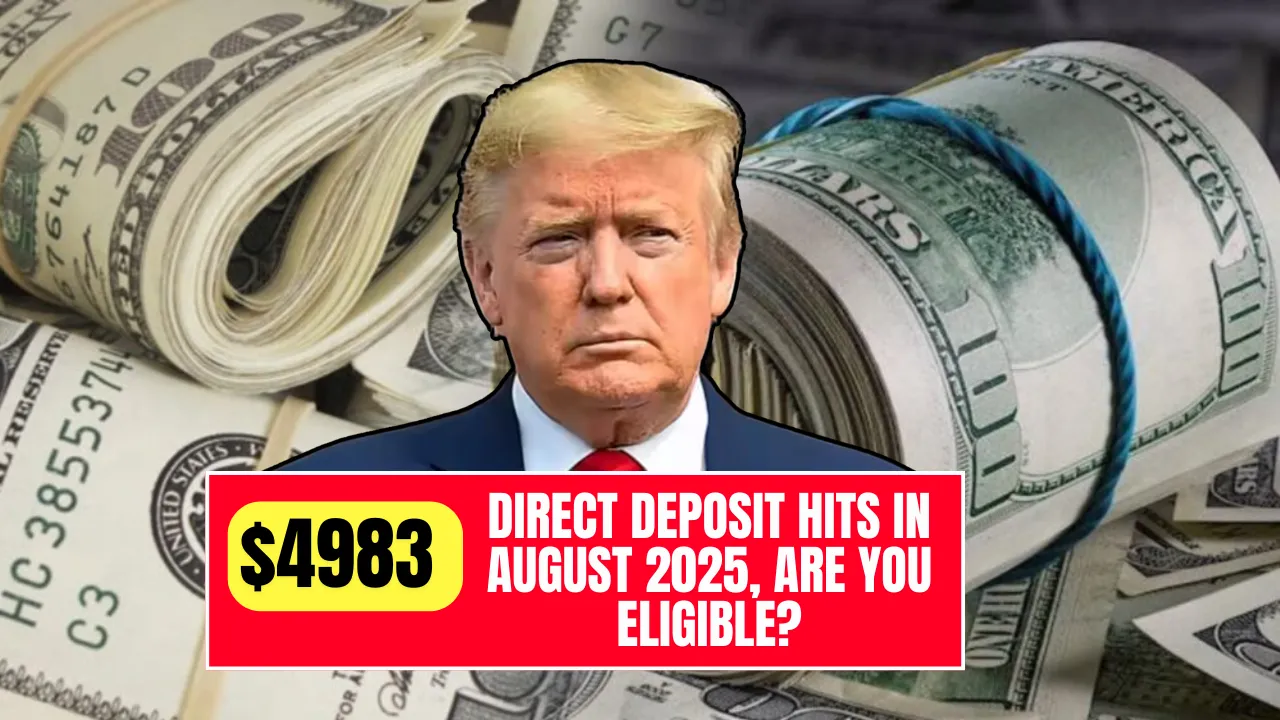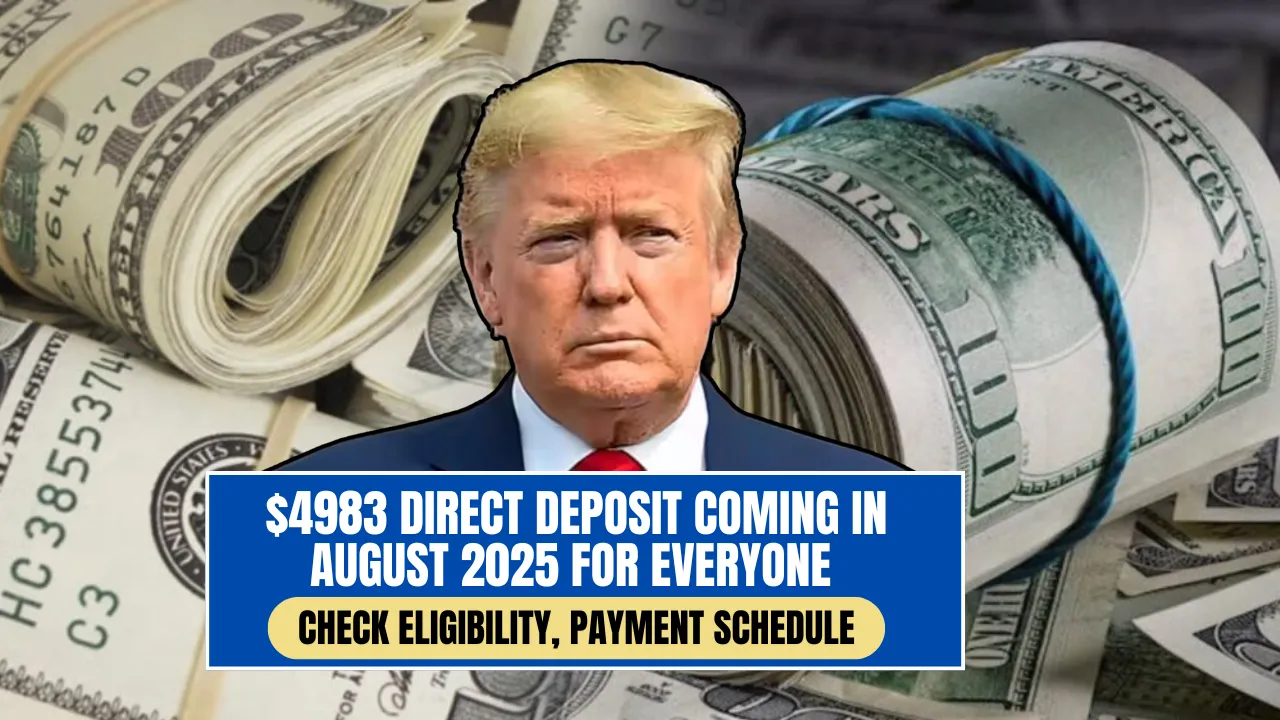If you’ve ever been bombarded with calls you never asked for, you’ll understand why this news matters. The Credit One Bank Settlement has been making headlines after the bank agreed to pay $14 million to resolve a lawsuit over making robocalls without permission. For years, these automated calls reached millions of people — some of whom weren’t even customers — and now those affected can finally claim their share of the payout.
This isn’t just about money; it’s about holding big companies accountable. The Credit One Bank Settlement is a reminder that your privacy has legal protection, and when it’s violated, there’s a way to fight back. If you think you were one of the people targeted, this could be your chance to get compensated.
Credit One Bank Settlement – Why This Matters for You
The $14 million payout is more than a corporate penalty — it’s a signal to all companies that ignoring consumer consent comes at a price. This settlement was reached after the court found Credit One Bank violated the Telephone Consumer Protection Act (TCPA) by making unauthorized robocalls between 2017 and 2023.
If you received these calls, whether or not you were a customer, you might qualify for a payment. Claims could range from $50 to $500 depending on how many people file. The process is straightforward: you’ll need basic personal details and, ideally, proof such as call logs or phone bills. In short, if you were bothered by these calls, you may be owed money.
| Detail | Information |
| Settlement Amount | $14 million |
| Reason | Making unauthorized robocalls |
| Law Violated | Telephone Consumer Protection Act (TCPA) |
| Eligibility Period | 2017 to 2023 |
| Estimated Payout | $50–$500 per person |
| Proof Needed | Call logs, bills, or screenshots |
| How to Claim | Submit form via official settlement website |
| Deadline | Listed on official site |
| Distribution | Compensation to victims + legal fees |
What are robocalls and why do they become a problem?
Robocalls are automated phone calls using pre-recorded messages sent to hundreds or thousands of people at once. While some are harmless — like school closure alerts or appointment reminders — others cross the line, especially when they promote products or services without permission.
In the U.S., the TCPA makes it illegal to make such marketing calls without prior consent. If a company breaks this rule, it can face penalties of $500 to $1,500 per call. These fines exist to discourage aggressive and unwanted marketing tactics.
Credit One Bank case
Credit One Bank, a major player in the U.S. credit card industry, was accused of making repeated robocalls without consent. Some calls even went to people who had no account with the bank.
The content of these calls often pushed recipients to make payments, update accounts, or consider other services. Even after people asked the bank to stop, the calls continued — leading to mounting frustration and eventually, legal action.
Court decision
The court sided with the plaintiffs, ruling that Credit One Bank had clearly violated the TCPA. The result? A $14 million settlement fund was created to compensate victims and cover legal expenses.
This outcome sends a strong message to businesses: consumer consent is not optional, and ignoring the law can be very costly.
Can you also get a share in this settlement?
You can make a claim if:
- You received unauthorized robocalls from Credit One Bank between 2017 and 2023
- You can provide some form of proof (phone records, bills, or screenshots)
The actual payout depends on the number of claims filed. Historically, similar settlements have resulted in payments between $50 and $500 per person.
Claim Process
Here’s how to file:
- Visit the official settlement website.
- Fill out the claim form with your personal information.
- Attach proof if you have it.
- Submit your claim before the posted deadline.
Missing the deadline will result in losing your right to receive payment.
Importance of this decision
This settlement is a major win for consumers. It reinforces the idea that your personal information — and your phone line — belong to you. Companies that ignore consent laws risk facing heavy financial and reputational damage.
For everyday people, it’s a reminder that speaking up can bring change and even compensation.
Laws related to robocalls in the US
The Telephone Consumer Protection Act (TCPA) has been in place since 1991, and its main provisions include:
- Obtaining explicit consent before making telemarketing calls
- Not calling numbers on the “Do Not Call Registry”
- Fines between $500 and $1,500 for each violation
Situation in India
India also has measures to protect consumers from unwanted calls through the Do Not Disturb (DND) service run by the Telecom Regulatory Authority of India (TRAI). While enforcement is improving, spam calls remain a frequent complaint.
Ways to avoid such a problem in future
- Register your number with DND services in your country
- Report unwanted calls to telecom regulators
- Use call-blocking features or apps
- Know your legal rights regarding telemarketing
Conclusion
The Credit One Bank Settlement shows that even large financial institutions can be held accountable for violating privacy laws. If you think you’re eligible, don’t wait — submit your claim and get your share. Cases like this remind us that privacy isn’t just a preference; it’s a right worth defending.
FAQs
Q1. Why is Credit One Bank paying $14 million?
Because they settled a lawsuit over making unauthorized robocalls in violation of the TCPA.
Q2. What are robocalls?
Automated calls with pre-recorded messages, often sent without the recipient’s consent.
Q3. Who can claim from the Credit One Bank Settlement?
Anyone who received unauthorized robocalls from the bank between 2017 and 2023.
Q4. How do I check my eligibility?
Visit the official settlement site and review the claim criteria.
Q5. How can I file a claim?
Submit a form online or by mail before the posted deadline.
